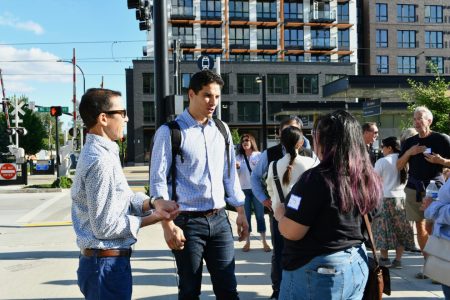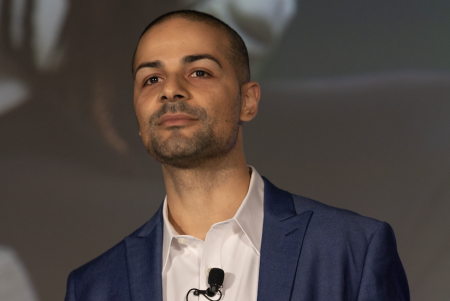The Battle Over Deactivation Rights: Uber and Instacart Face Setback in Seattle
The gig economy, characterized by its flexible work arrangements and independent contractors, has become a significant part of the modern labor landscape. However, this new employment model has also raised concerns about worker protections and the power dynamics between platforms and their workforce. A recent legal battle in Seattle highlights this tension, focusing on the process by which gig economy companies deactivate drivers, effectively terminating their access to the platform and their livelihood. Uber and Instacart, two major players in the app-based service sector, challenged a new city ordinance designed to protect gig workers from arbitrary deactivation, but a federal judge has denied their request to block the law.
The dispute centers around the App-Based Worker Deactivation Rights Ordinance, passed by the Seattle City Council in August 2023. This groundbreaking legislation aims to provide gig workers with more job security by regulating the deactivation process. The ordinance mandates that companies give workers a 14-day notice before deactivation, ensure that deactivations are based on reasonable policies directly related to safe and efficient operations, provide a human review of all deactivation decisions, and furnish workers with the records and reasoning behind the decision. Advocates for gig workers hailed the ordinance as a crucial step towards protecting workers from unfair and arbitrary removal from the platforms they rely on for income.
Uber and Instacart, however, viewed the ordinance as an overreach of government regulation, arguing that it infringed on their First Amendment rights, was unconstitutionally vague, and would impose undue burdens on their operations. Uber, in particular, contended that the ordinance’s requirements would force them to adopt and communicate policies that contradicted their operational priorities. They also expressed concerns about the practical challenges of complying with the new regulations. Instacart, joining the lawsuit later, echoed these concerns, labeling the ordinance "dangerous and unconstitutional" and claiming it put the company and its customers at risk.
The legal challenge culminated in a ruling by U.S. District Judge Marsha Pechman, who rejected Uber and Instacart’s arguments and denied their request for a temporary restraining order and preliminary injunction. Judge Pechman found that the ordinance regulates business conduct, not speech, and that any impact on speech was incidental. She also addressed the companies’ vagueness concerns, ruling that the language of the law, including terms like “reasonably related to safe and efficient operations,” was sufficiently clear to allow for compliance. The judge’s decision paves the way for the ordinance to take effect on January 1, 2024, marking a significant victory for gig worker advocates in Seattle.
The ruling emphasizes the need to balance the flexibility of the gig economy with the need to protect workers from exploitation. While platforms require the ability to manage their workforce and ensure the safety and efficiency of their services, workers also deserve protection from arbitrary and unfair treatment. The Seattle ordinance attempts to strike this balance by providing a framework for deactivations that includes due process and transparency.
The implications of this ruling extend beyond Seattle. As the gig economy continues to grow, other cities and states are likely to consider similar regulations to protect app-based workers. This legal battle serves as a test case for the extent to which local governments can regulate the relationship between gig economy platforms and their workforce. The outcome in Seattle could influence the direction of future legislation in other jurisdictions, shaping the future of work in the gig economy.
While Uber and Instacart expressed disappointment with the ruling and are considering their legal options, the decision reinforces the growing momentum toward greater regulation of the gig economy. The fight over deactivation rights in Seattle highlights the ongoing debate about the classification of gig workers, their rights, and the responsibilities of the platforms that connect them with consumers. As this debate continues, the legal and regulatory landscape for the gig economy is likely to evolve, potentially impacting millions of workers and the companies that rely on them.














